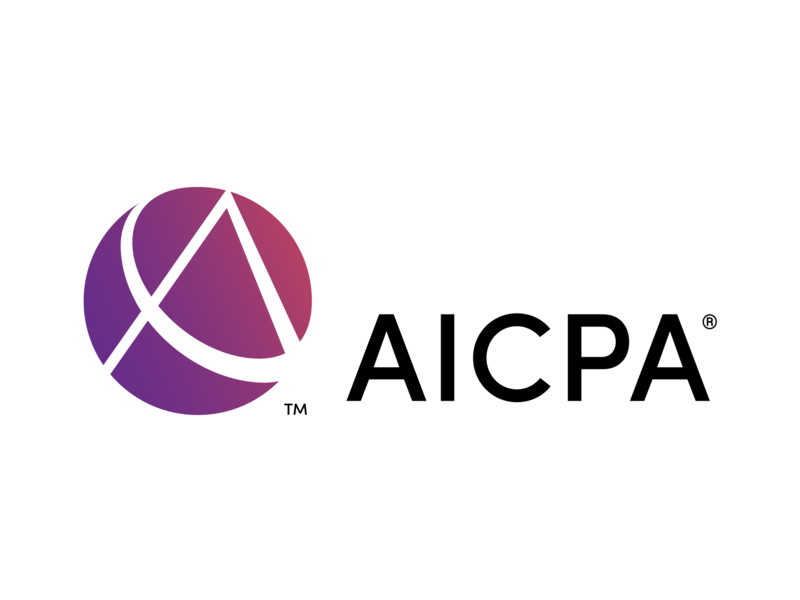Accounting
AICPA Comments on Changes to Section 162(m) of American Rescue Plan Act of 202
Beginning in 2027, for calendar year taxpayers, a public company’s covered employees will include Current Law Covered Employees as well as the next five highest paid employees.
Mar. 06, 2023

The American Institute of CPAs (AICPA) has submitted comments to the Department of the Treasury and Internal Revenue Service (IRS) related to changes made to section 162(m) by the American Rescue Plan Act of 2021 (ARPA).
Section 162(m) of the Internal Revenue Code places a $1 million limitation on the amount of remuneration with respect to a covered employee that a publicly held corporation may deduct in a taxable year. The ARPA added section 162(m)(3)(C), a new subsection to section 162(m), which will further limit the deductibility of certain employee remuneration by expanding the definition of a “covered employee” effective for taxable years beginning after December 31, 2026.
Beginning in 2027, for calendar year taxpayers, a public company’s covered employees will include Current Law Covered Employees as well as the next five highest paid employees (the “ARPA 5”). The employees included in the ARPA 5 are subject to change every year, and they do not remain covered employees in future years unless they meet the criteria in that future year or become a Current Law Covered Employee.
The AICPA letter identifies recommendations requiring clarification regarding covered employee classification. The items and recommendations are:
I. Covered Employees as ARPA 5 Employees
AICPA Recommendations:
The AICPA recommends that Treasury and the IRS issue guidance clarifying that a covered employee under section 162(m)(3)(D) may be included as one of the five highest paid employees under section 162(m)(3)(C) for a particular taxable year.
II. Determination of ARPA 5 – Definition of Compensation
AICPA Recommendations:
The AICPA recommends that Treasury and the IRS issue guidance related to the determination of which employees are included in the ARPA 5 –
- Define compensation for identifying the ARPA 5 in the same manner that compensation is defined for Current Law Covered Employees
- Allow a publicly held corporation to elect to define compensation for purposes of determining the ARPA 5 as the aggregate amount of compensation otherwise deductible by the taxpayer or the amount of compensation that would be deductible if the employer were a taxable U.S. corporation
- Treat taxpayers as having made the election to define compensation by how they apply the deduction limitation and identify the ARPA 5 in the first year their deduction is limited for compensation paid to the ARPA 5
- Provide guardrails to prevent manipulation of the rules by taxpayers
- Consider the impact of mergers and acquisitions between taxpayers who have made contrasting elections.”
“The AICPA works closely with the IRS throughout the year to ensure that tax law works for both taxpayers and tax practitioners as well as the IRS,” said Jan Lewis, AICPA Tax Executive Committee Chair. “Clarifying the treatment of issues we’ve identified regarding the changes to section 162(m) in future guidance will go a long way towards implementing the ARPA changes in a workable fashion.”
